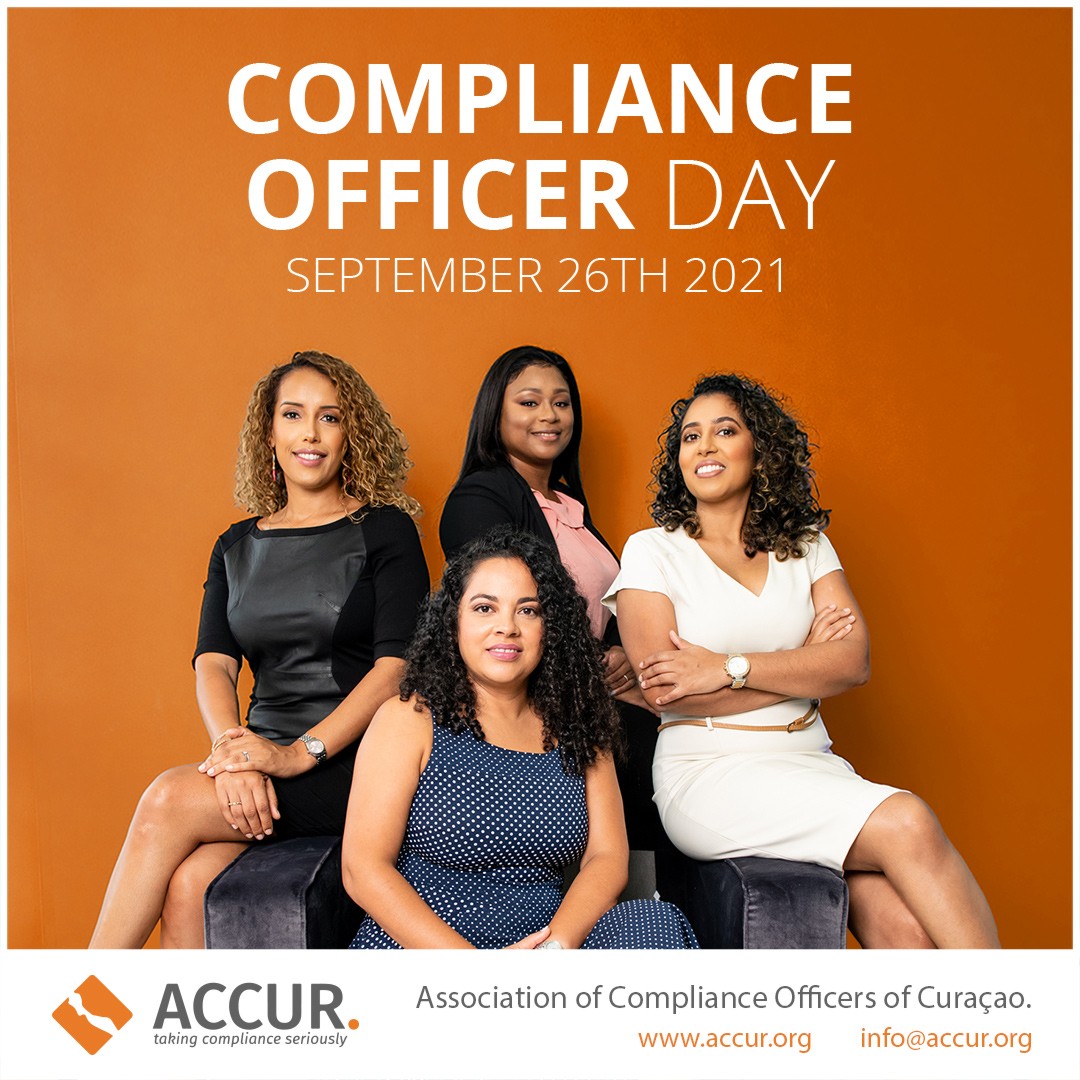Curaçao is on a mission to have a strong AML/CFT framework
The Financial Intelligence Unit’s portal goAML is the Curaçao government’s latest move to stamp out money laundering and terrorist financing. But many firms feel unprepared or untrained for the rigorous task ahead. We spoke to two of our experts in Curaçao – Roshni Ganpat, Compliance & Risk Director, and Yanilla Rivas Warrington, Relationship Manager – to learn more.
Chasing clients for personal or financially sensitive information is nothing new for supervised institutions in Curaçao. It’s part of the job. But the detail with which companies and institutions must now provide unusual transaction information to the island’s Financial Intelligence Unit (FIU) is increasingly important.
As of 1 January 2021, supervised institutions will be accountable for reporting through the FIU’s new transaction portal, goAML portal in an effort to stamp out money laundering and the funding of terrorism.
These businesses must prove that they can evaluate and integrate effective procedures into their practices, which means staff training and reporting. Such practices should be based on the latest recommendations or standards outlined by the Financial Action Task Force (FATF), a global inter-governmental watchdog on money laundering and terrorism financing.
It seems that goAML is creating new challenges for some companies. This is the case for reporting entities in Curaçao that have not yet registered, despite being required by law to (re)register on the new portal in the last quarter of 2020. The previous Corsys reporting portal is no longer accessible.
What are the risks of non-compliance in Curaçao?
If there is a suspicion of money laundering or terrorism financing (ML/TF) after any transaction, the Compliance Officer will have 10 working days – from the moment they receive the transaction report – to complete the relevant research with regards to a possible Money Laundering/Terrorism Financing (ML/TF) situation.
If after the research period (maximum 10 working days), there is a suspicion of ML/TF, the Compliance Officer must report the transaction within 48 hours to the FIU.
Failure to comply could put your company’s professional reputation and licence to operate (if relevant) at risk.
What are the cost benefits of AMLFC training?
The government of Curaçao has established two legal decrees: the National Ordinance Reporting Unusual Transactions or NORUT (Landsverordening Melding Ongebruikelijke Transacties, LvMOT in Dutch) and the National Ordinance Identification when Rendering Services or NOIS (Landsverordening Identificatie bij Dienstverlening, LID in Dutch).
Non-compliance could carry a cost even greater than fines. It could put you and your business at risk of criminal charges and incarceration. Relevant staff should therefore have at least one training per year on AML and financial crime, according to the latest ordinances. If no training takes place, your regulatory review will be affected negatively.
Regulatory and compliance specialists such as Intertrust (Curaçao) B.V. offer outsourcing and training services to help you assess gaps in your procedures, set up processes to keep on track and alleviate the burden of reporting responsibilities. We can also provide tips on how to explain compliance procedures to clients, helping to avoid client friction.
By also outsourcing non-core processes, such as compliance onboarding and audits, firms can create an extra layer of compliance, transparency and expediency. This does not lessen accountability in reporting client transactions in a timely fashion, but it can provide reassurances, especially for firms that see this process as non-core to their business or too risky to take on if staff are untrained or inexperienced.
Will cash-based sectors be under greater scrutiny?
Cash is the most popular form of payment in Curaçao, followed by debit card. In a 2020 survey carried out by Curaçao’s Central Bank, 38% of respondents said they still pay their taxes in cash, despite the government’s efforts to automate collection. Few respondents use a credit card.
Certain cash-based sectors will undoubtedly be placed on the FIU’s radar for tax evasion with the goAML platform up and running. For example, the Central Bank’s survey report stated that 83% of building materials are purchased with cash, raising concern. “This may stem from the construction sector, which often has a high level of cash use due to the presence of the shadow economy,” stated the report.
Will a move to a card-based society curb corruption?
Despite a general assumption that digital transactions will make it easier to spot unusual activity, those willing to commit fraud will find a way to create a labyrinth of cash and digital transactions to cover their tracks.
While cash is the payment tool of choice, a more digital Curaçao could be here sooner than we think. The government’s “At Home in Curaçao” programme, an extended-stay visa for digital nomads and remote workers, is attracting new non-residents from places such as the US and Europe.
These visitors are likely to drive demand for digital banking, card-based and touchless purchase options they have grown accustomed to using in their home countries. Sectors most likely to adopt digital services include mobile-based money transfer and exchange services, banking and real estate, such as Airbnb hosting.
If Curaçao wants to attract reputable international visitors and benefit from business opportunities, it must have a reliable, digital and compliant AML/CFT framework. Curaçao’s post-pandemic economy could depend on it.

